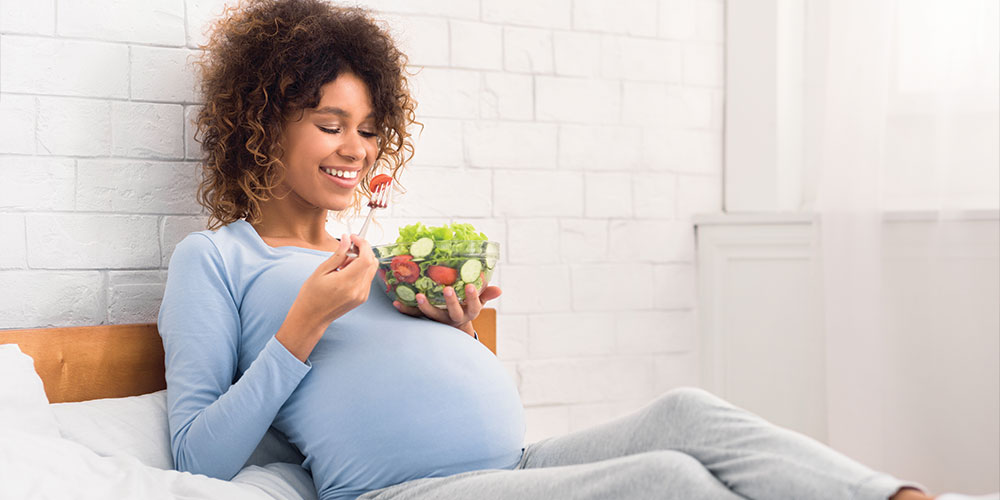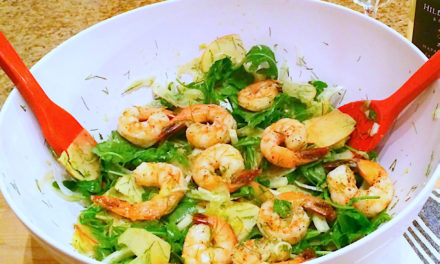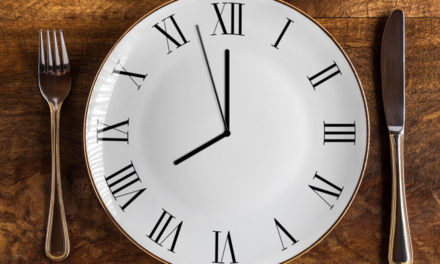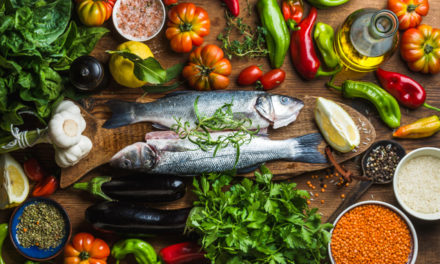You’ve probably heard that it’s important to consume a nutritious diet while pregnant. This can look different for everyone, but if you’re wanting some practical tips for boosting your nutrient intake during pregnancy, look no further. Here are five nutritious foods to include in your diet during pregnancy.
EGGS
One egg contains about 27% of your daily choline needs. Choline is probably not a nutrient you hear about very often, but it’s time it gets some attention. Choline is important for neurotransmitter production, and it helps reduce the risk of neural tube defects and supports fetal brain development. French toast, anyone?
DARK CHOCOLATE
Yes, really! Just 3 ounces of dark chocolate contains about 39% of your daily iron needs. Consuming adequate iron during pregnancy can help to prevent anemia. Did you know? Pairing a food high in vitamin C with a food containing iron enhances iron absorption. Does a snack consisting of dark chocolate and an orange sound strange? Not anymore!
CARROTS
Carrots are high in vitamin A, and vitamin A is important for the proper development of a baby’s heart, lungs, central nervous system, eyes, and bones. Just ½ cup of raw carrots contains about 51% of your daily vitamin A needs. Pair them with hummus for a tasty snack!
SALMON
Salmon contains essential fatty acids important for fighting inflammation and supporting brain health. DHA is one of those essential fatty acids. DHA is especially important during pregnancy because it is essential for fetal brain and eye development. Salmon is the highest source of DHA, containing 1.24 grams per 3-ounce serving. For comparison, DHA supplements typically contain between 150 mg (0.15g) and 500 mg (0.5g) of DHA.
SPINACH
Another nutrient that helps to reduce the risk of neural tube defects and support fetal brain development is folic acid, and just ½ cup of cooked spinach contains about 33% of your daily needs. Add it to a smoothie, sandwich, wrap, or soup!
FINAL TIPS
When choosing a prenatal vitamin, consider one with 350-450 mg choline. The majority of the vitamin A it contains should be from beta-carotene (as opposed to vitamin A acetate, retinol, or palmitate), as excessive amounts of preformed vitamin A may increase the chances of birth defects.1 Consider pre-pregnancy levels of iron before deciding on how much of it to supplement. Methylated B vitamins (such as L-5-MTHF and methylcobalamin) are more bioavailable, meaning the degree and rate of absorption is higher.
Ward, Elizabeth. Prime the Body for Pregnancy – Preconception Care and Nutrition for Moms-to-Be. Today’s Dietitian. 2008 December. Available at: https://www.todaysdietitian.com/newarchives/120108p26.shtml. Accessed April 2021.
Kristi Edwards, co-founder and owner of 901 Nutrition LLC, is a licensed and registered dietitian in Memphis. She has several years of experience in both acute care and outpatient settings, and she is passionate about helping clients ditch dieting for good, through intuitive eating and the enjoyment of food. You can reach Kristi at 901.800.9526 or 901kristi@gmail.com. To learn more about 901 Nutrition or to subscribe to their free newsletter for monthly recipe 46 books, visit 901nutrition.com. You can also follow 901 Nutrition on Facebook, Instagram, Twitter, and LinkedIn.







